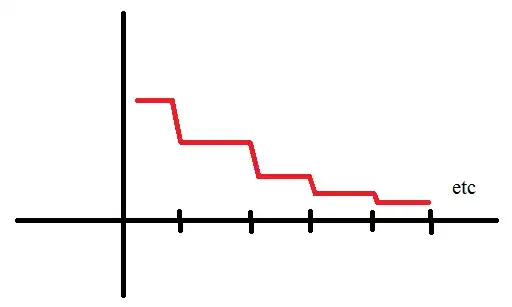Interestingly, this is not even true if we add a monotonicity hypothesis on the function. I don't know an explicit formula for this off the top of my head, but consider something like the following:

Essentially the function is constant between integer-values of its domain, and at each integer value, it takes a steep decline. The distance the function "drops" at each integer value limits to zero in such a way that we have $\displaystyle \lim_{x \rightarrow \infty} f(x) = 0$. However, because there always will be a steep drop at each integer value (albeit arbitrarily small drops), the derivative cannot limit to zero. Note that the "drops" can be smoothed out, say with something bump-function-esque, to make $f$ infinitely differentiable.

